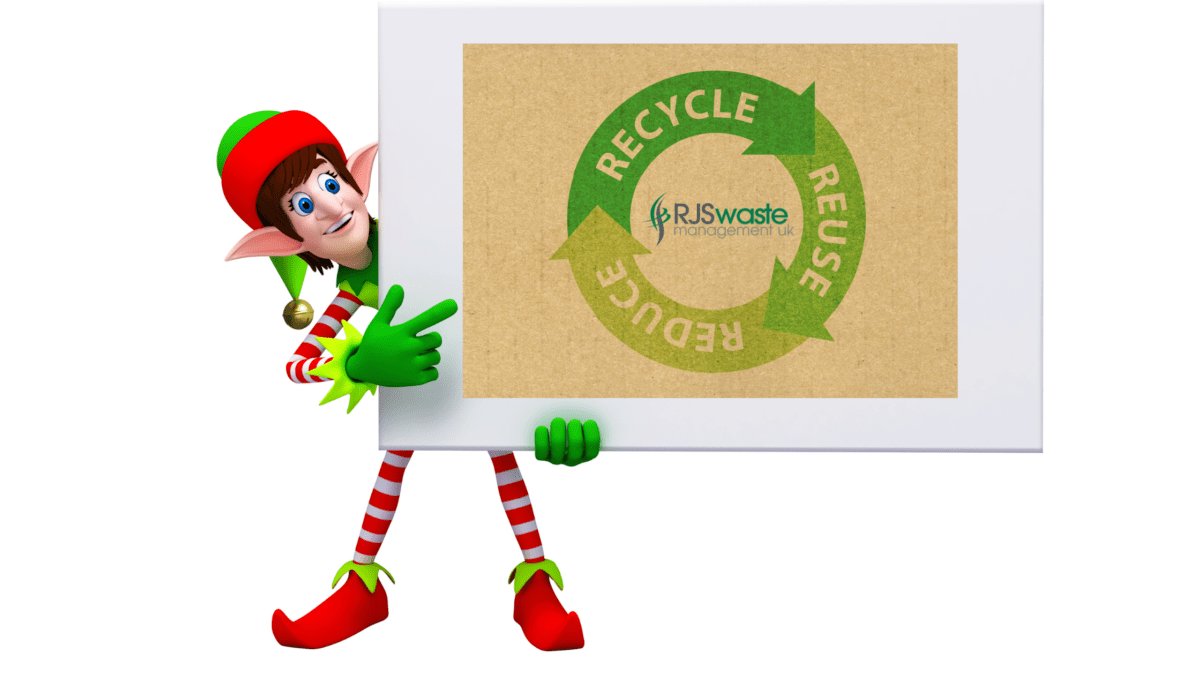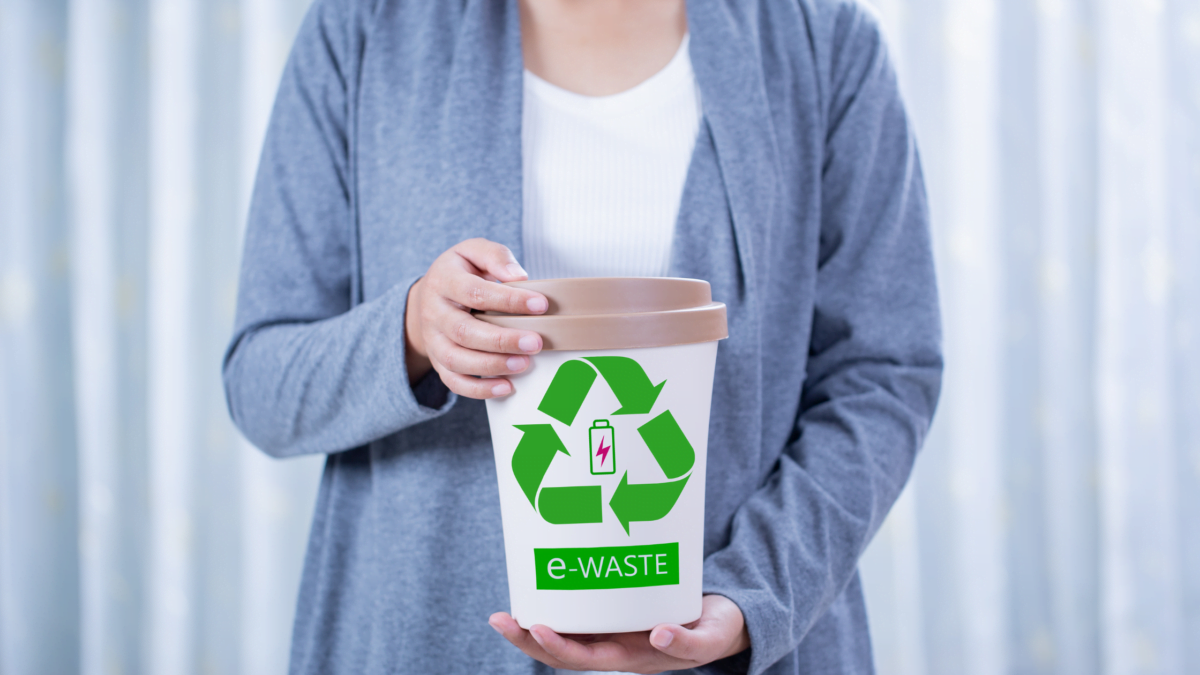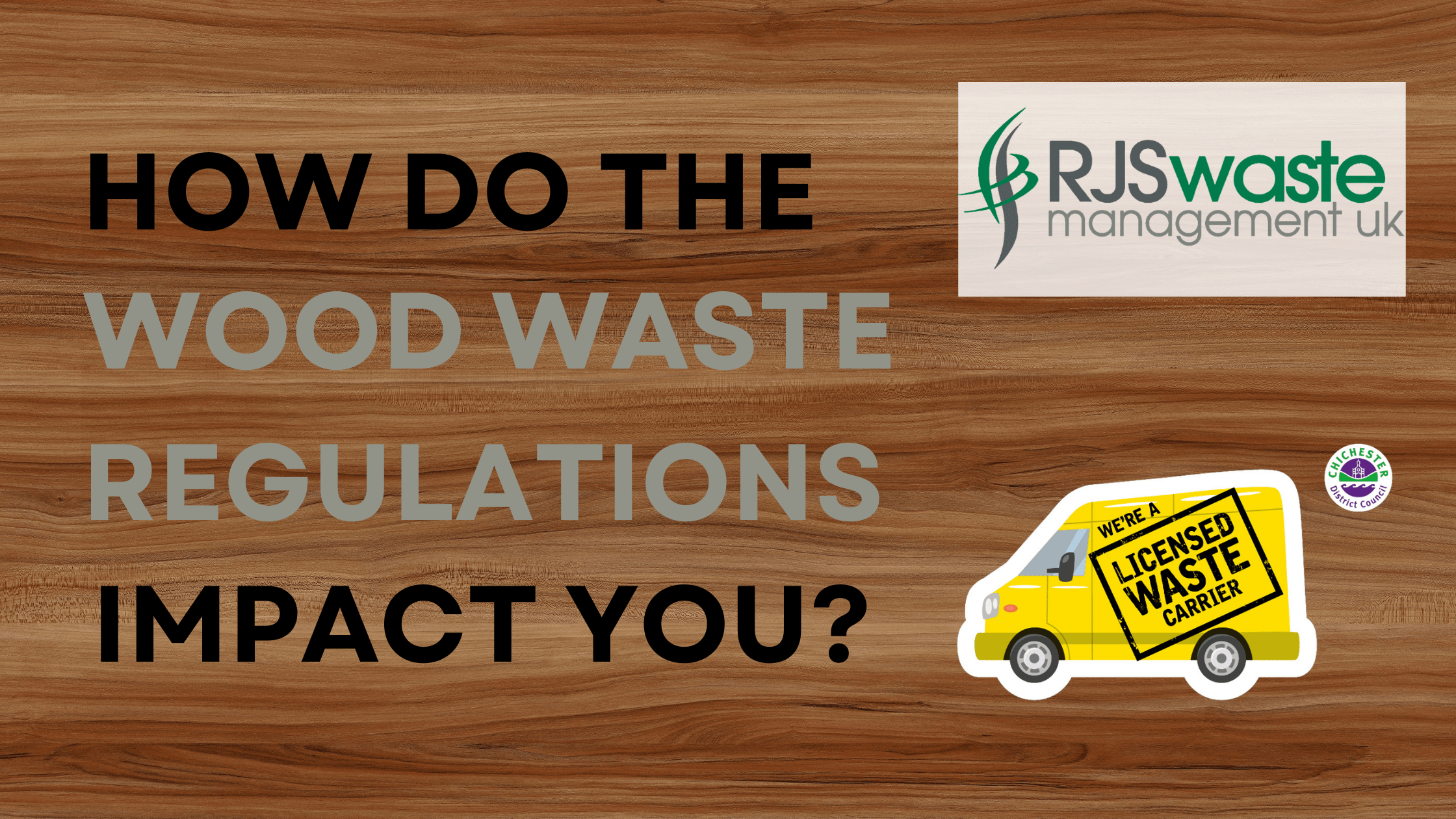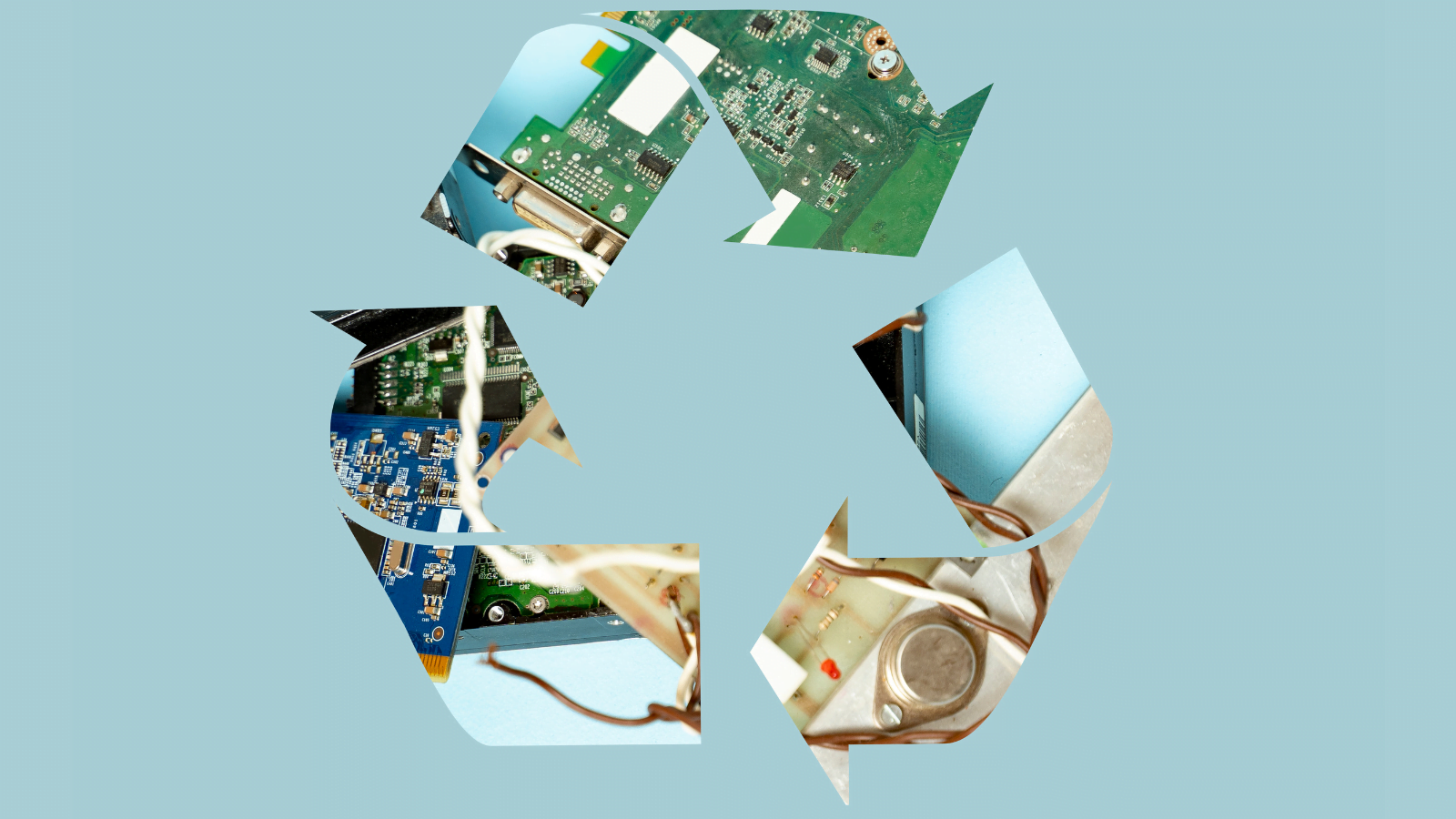
Did you know that around 2 million tonnes of electrical waste are thrown out in the UK annually? And our little island is one of the world’s worst e-waste offenders…
This figure elevates that when you replace your office appliances come the temptation of Black Friday and January sales bargains. You may be saving a few pounds off your bottom line but are you helping to save the environment?
We’re not just all about elf and safety; we’re green in more ways than one! Here’s some WEEE recycling advice from Which? gift-wrapped by the sustainable waste management experts at RJS Waste Management UK.
Your business’s electrical waste
Waste Electrical and Electronic Equipment (WEEE) are smaller electrical items that have a plug or battery and can’t be reused or recycled. Read What is WEEE? to find out the types of WEEE your business might produce.
Many items that are still in working order can be reused. Electrical items that feature a crossed-out wheelie bin symbol can be recycled and shouldn’t be put in the bin and sent to landfill. This can cause chemical leaks and create hazardous waste.
Fluorescent light bulbs from your office or warehouse can also be recycled. While incandescent bulbs are electrical waste that should go in the bin.
How is electrical waste recycled?
Your waste electrical products collected at recycling centres and from some retailers are taken to processing plants. Here, they’re shredded and separated into:
- Ferrous metals
- Non-ferrous metals
- Plastics
Strong magnets remove ferrous metals (that contain iron). Non-ferrous metals (alloys) are removed from non-metallics using an Eddy Current Separator (ECS). Plastic is sorted into types using methods like near-infrared light or density separation. All raw materials are distributed to create new products.

Your WEEE recycling tips
Recycle batteries — Whether we’re talking smaller device batteries or large laptop batteries, you should recycle dead batteries. If your local council doesn’t collect batteries, you can drop them at a supermarket or recycling centre.
Recycle chargers and leads — Unless they’re in disrepair, electrical goods with plugs, batteries or cables make excellent WEEE recycling. Cables contain several materials that can be reused.
Visit your local recycling centre — Kerbside and recycling collections are not an option for businesses. However, if you’re an SME with a waste carriers licence, you might be able to take your WEEE recycling to your local recycling centre. Check with your local authorities.
It’s also worth checking out your closest donation points and whether the retailer you buy replacement electricals from offers a paid service where they’ll collect your old goods when delivering your new ones.
Donate to charity — Christmas is the time for giving and why not start the new year as you mean to go on with a charitable donation? Help a worthy cause while making sure less electrical waste goes to landfill, it’s a win-win.
Lots of charity shops take WEEE recycling, including British Heart Foundation and The Salvation Army. Close to our HQ in Chichester, Stone Pillow’s Restore reuses, repairs and recycles many goods including electricals.
Even better, as a business you can claim full capital allowances on the cost of electrical equipment (like computers and printers) you donate to charity.
Engage a waste management company
If your business doesn’t have a waste carriers’ licence, don’t worry because we do! Not only that but we’re fully insured.
Whether you need advice on your business’s WEEE recycling strategy or need large bulky items of electrical waste removed from your premises, our industrious little elves are here to help year-round.
Our expert team can also remove, transport and dispose of electricals that are classed as hazardous waste.
Get in touch online for an electrical waste removal quote. Alternatively, call your local office number and talk to a member of our friendly team — Chichester: 01243 213273 | London: 020 7859 4520 | Oxford: 01865 598069




